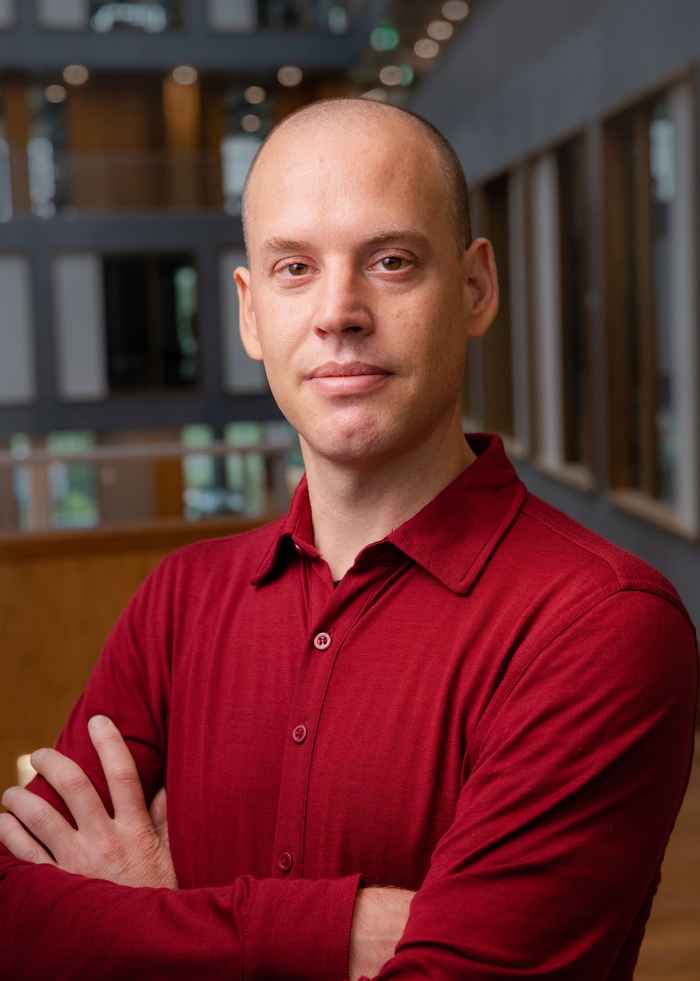Honours module 'What the Health?!': The key to a healthier future?
10 September 2024
From student to lecturer at IIS
Tjerk Jan: "This honours module brings a lot together for me! I once started as a student of Natural and Social Sciences myself at the Institute for Interdisciplinary Studies. Then I graduated as a neurobiologist and got my PhD as an interdisciplinary-trained 'transition thinker' at Political Science on persistent problems in Dutch health care. But the honours module also fits perfectly with the 'Healthy Future' theme of the UvA's Institutional Plan."

What makes What the Health? unique?
What the Health? has an interdisciplinary approach: students from different backgrounds work together to highlight complex health problems from various perspectives. Tjerk Jan: "The focus of the course is not on individual behaviour change for a healthier life, but on designing creative system interventions, which support a healthy society as a whole. The aim of the profession is to devise concrete interventions that can make a real difference in practice."
The influence of your environment
Tjerk Jan stresses, "In the module, I want to go much further than just individual behavioural change. We look at the root causes of unhealthiness and how to address them at the system level." Students learn to think critically about how their environment affects their choices. He says: "Think about the abundance of unhealthy products in the supermarket or the choice between walking, cycling or taking the car to work. By analysing these systems, we can come up with structural solutions that have a real impact. Often we actually know, and yet we do not always succeed in making healthier choices because the system actively encourages us to make the unhealthy choice. With students, I want to analyse these complex networks around health."
Creative interventions for a healthier society
In the first part of the course, students set a concrete goal for their own health improvement, such as eating more fruit or drinking alcohol less often, in order to be able to analyse the system around this behaviour. So it is not about achieving the goal itself. They then work together in small groups to devise innovative interventions that contribute to a healthier healthcare system. Tjerk Jan encourages students to think creatively: "Make influencer videos about 'easy and free healthy living', come up with new policies for general practice, anything is possible! The aim is to think outside the box and look at our society's challenges with fresh eyes."
A fantastic treasure trove of interventions
Interest in What the Health?! is high: with more applications than available places, there is clearly a need for this approach to health. Tjerk Jan dreams of a vibrant community of students who can make a lasting impact with their ideas: "I hope for transdisciplinary collaborations across studies. But most of all, I hope for a fantastic treasure chest of interventions that we can implement locally, creating a healthier future for all."
Honours subjects are intended for bachelor's students who seek more challenge during their studies. They take 30 credits of extra courses, both within and outside their own bachelor's programme. This way, they deepen and broaden their subject matter. Each honours programme consists of subjects that students take at their own bachelor's programme as well as interdisciplinary honours subjects, such as What the Health?
